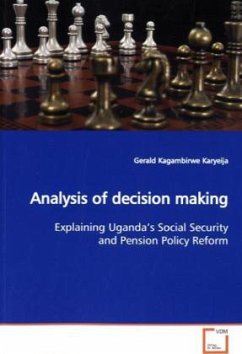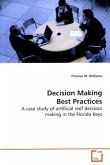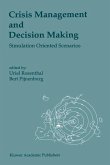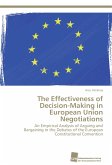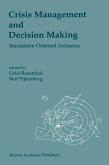This book departs from traditional decision analysis
based on game theory and decision trees and
addresses how policy proposals are made in the
public arena, with reference to the social security
reform process in Uganda. It analyses decision
making and suggests that the mode of interaction
between various actors affects the outcome and the
nature of policy options. In this regard, three
processes could be envisaged: a) Institutional, b)
Strategic, c) Consensual. These processes may enable
us capture patterns through which actors interact,
choose, reject and accept policy options. These
forms of interaction do not only inform policies,
but also determine the nature of established
policies. These patterns are not absolute in
themselves, but together, they led to the twenty
four policy proposals for reforming the social
security and pensions sector in Uganda. This work
provides powerful insights for public sector
reformers, decision making analysts, graduate-level
students, social security and pensions
organisations, social security and pension reform
consultants and scholars, as well as other
professionals interested in decision analysis and
pension reforms.
based on game theory and decision trees and
addresses how policy proposals are made in the
public arena, with reference to the social security
reform process in Uganda. It analyses decision
making and suggests that the mode of interaction
between various actors affects the outcome and the
nature of policy options. In this regard, three
processes could be envisaged: a) Institutional, b)
Strategic, c) Consensual. These processes may enable
us capture patterns through which actors interact,
choose, reject and accept policy options. These
forms of interaction do not only inform policies,
but also determine the nature of established
policies. These patterns are not absolute in
themselves, but together, they led to the twenty
four policy proposals for reforming the social
security and pensions sector in Uganda. This work
provides powerful insights for public sector
reformers, decision making analysts, graduate-level
students, social security and pensions
organisations, social security and pension reform
consultants and scholars, as well as other
professionals interested in decision analysis and
pension reforms.

